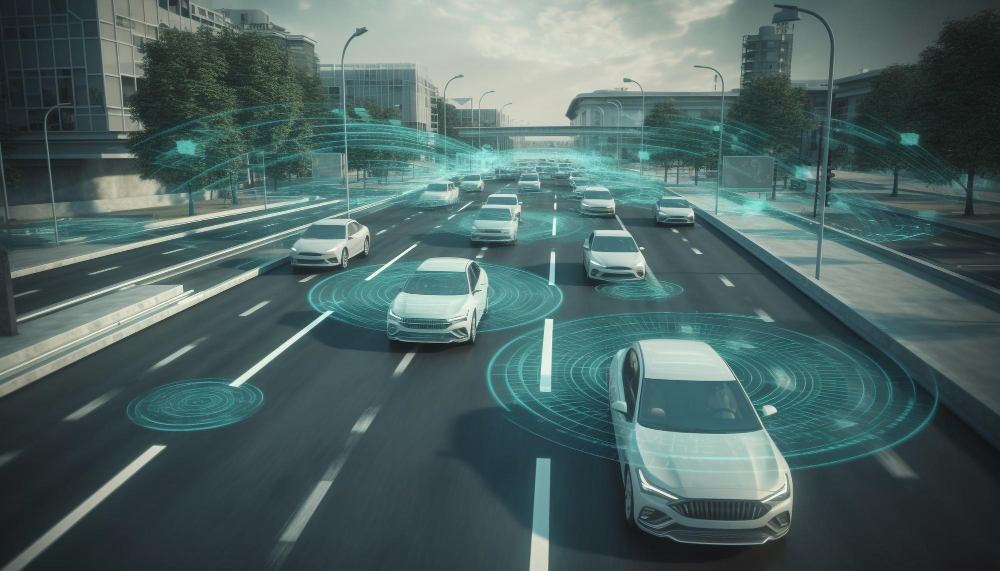To gain a more profound knowledge of their user, “smart cars” include many sensors (GPS, cameras, microphones, etc.) that collaborate. They track everything you do, from the locations you visit to the music you enjoy. Essentially, they have become mobile data centers.
According to the research, Smart Cars claim to improve our travel in every way, including our safety, our navigation, and our overall enjoyment. Though they may look like fun rides, they are mobile data collectors. A plethora of sensors that record your voice, every word you say, and even how you drive are housed beneath those fashionable hoods.
The hitch is that this data mountain comes with regulations on its use. Underneath the haze of user agreements, they are sitting. A bit cunning, isn’t it? The auto industry can make out anything it wants with this data, including selling it to ad companies or using it to improve driving.
You know what else? Even well-known figures in the field need to do something. Tesla is facing criticism for reportedly using its in-car cameras to capture illegal content, even though its technology is truly unique. Whatever the case may be, they are indeed retaining those videos. A large number of individuals are pretty upset about the fact that BMW, a prestigious and forward-thinking company, secretly keeps track of their whereabouts and biometric information. People gave you the creeps after that!

Post Contents
We can’t, however, discount the following as explanations for the smart car craze:
The Concept of Resting in a Self-Driving Car, Improved Connectivity, and Artificial Intelligence Support are Some of the Technologically Appealing Aspects of This Technology.
Imagine a world where personalized in-car entertainment, automated parking, and maintenance reminders are the norm—things that bring people joy and ease. Every trip in a smart car is like having a picnic.
The third step is to build the brand. Some companies truly live up to the “industry leader” label. Their advertising is so inspiring,
The darker side, last but not least:
Data Value: Certain companies are likely selling the data collected from your smart car. Insurance companies are gushing about its use for risk assessments, and businesses are utilizing it to make those annoying tailored adverts.
Openness Issue: When dealing with data, have you ever felt you had no idea what was happening? This is what happens when certain automakers want to keep things under wraps. Lack of transparency is troublesome.
3 Privacy Concerns: We need to remember how important it is to safeguard people’s privacy. Believe me when I say it’s enormous. The seriousness and regularity of data breaches and misuse are making us question the actual security of our information.
Worries about the safety of private information will persist as the era of intelligent automobiles develops. With more stringent laws and muscular demands for transparency and data recovery, we may reap the benefits of smart cars without fear of privacy invasions.
No matter how great smart cars are, we can’t let their convenience come at the expense of our privacy. Improving security, making automakers more open about their plans, and giving our approval top priority are all part of the proposal. Because, well, our data belongs to us, not to them. A more ethical and privacy-conscious future for automobile technology is within our reach if we all do our part as informed consumers.